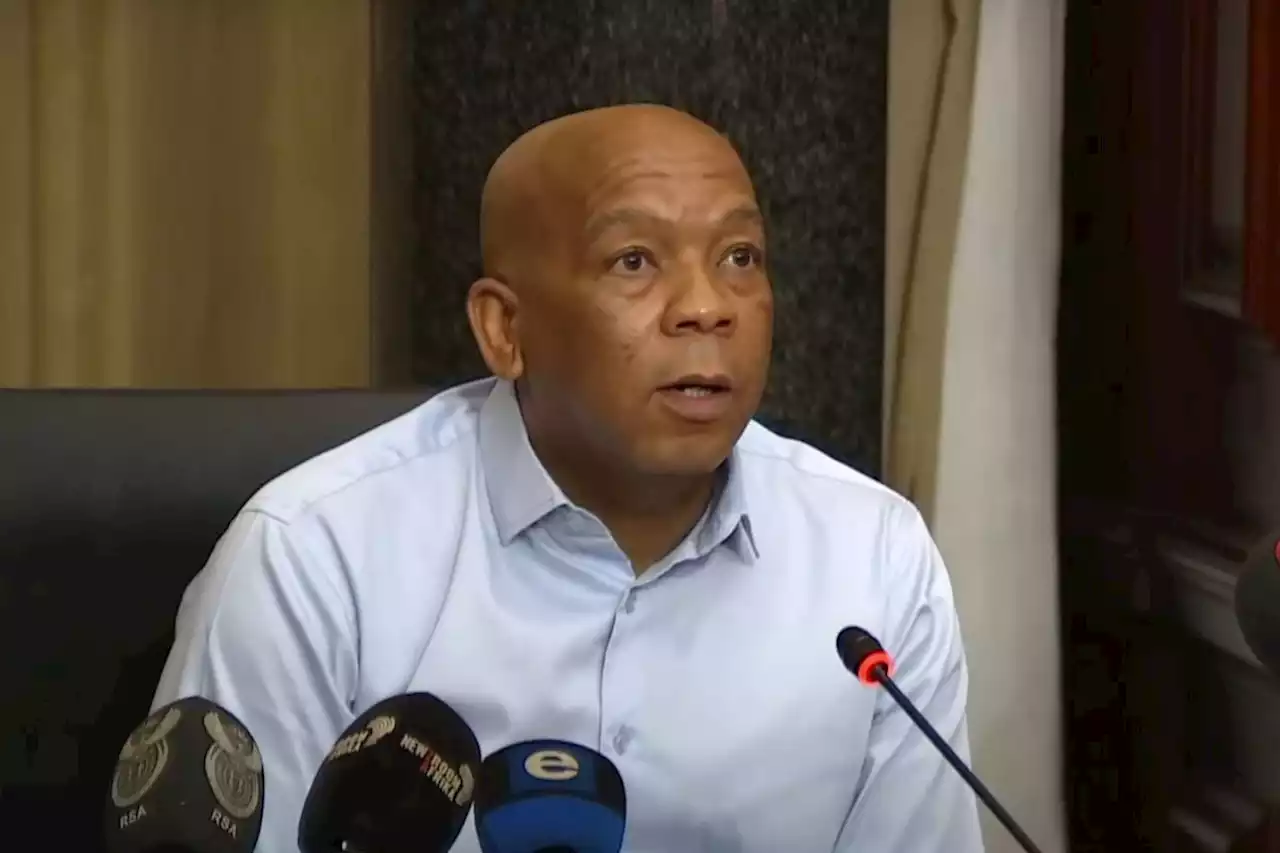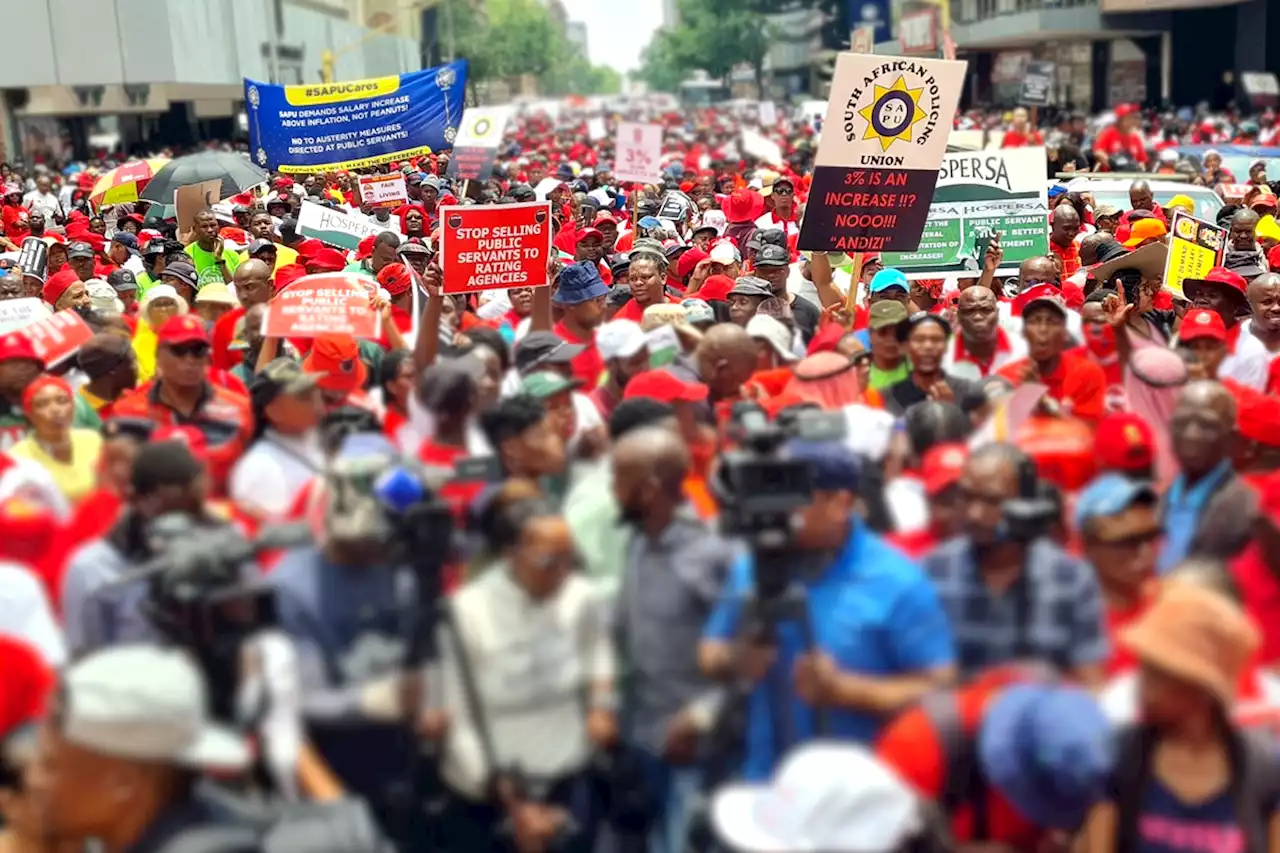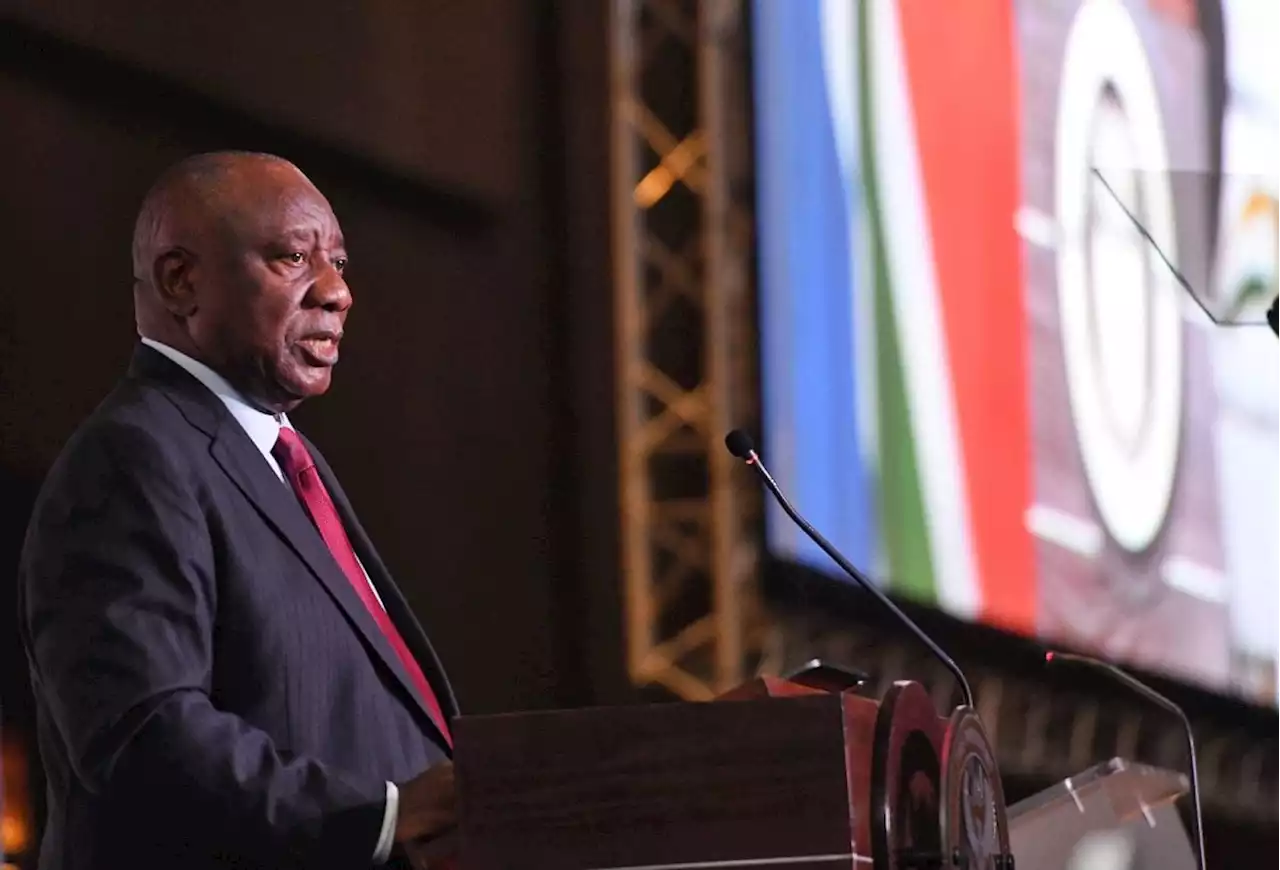Rich countries plan to invest in the country’s Just Energy Transition are becoming unsettled.
It was meant to be the climate justice blueprint, the deal that showed how rich countries could help developing economies end their reliance on coal and go green.
The JETP’s success hinges on a plan by Eskom Holdings SOC Ltd, the state power utility responsible for about 40% of South Africa’s planet-warming emissions, to replace most of its 14 remaining coal plants with wind and solar. “It doesn’t make sense to be shutting down units at coal-fired power stations when we have an energy crisis,” Vikesh Rajpaul, general manager at Eskom’s JETP office, said by telephone. The company is currently considering operating “some of these units as long as we can continue to operate them without significant capital investment.”
The JETP model was appealing because it was clearly-defined and measurable while still being large-scale. That made it easier to finance than the more amorphous funds poor countries have demanded to help them adapt to extreme weather or protect carbon-trapping forests. Today coal-fired plants provide over 80% of South Africa’s electricity, making it more dependent on the dirtiest fossil fuel than any other major economy.
Closing any large industry is never easy — it requires skill to bring unions, political parties and other vested interests onside. It’s especially complicated in South Africa, where coal is enmeshed with the history of the liberation struggle. Eskom has had to ration electricity in recent years. Rotating power cuts have been imposed every day, bar one this year, often for more than 10 hours at a time.
Eskom is also meant add some renewable units at idled coal sites, which have the advantage of being already connected to the vast grid that feeds the nearby cities of Johannesburg and Pretoria and carries power as far as Cape Town. But most of the money isn’t free. JETP funding consists of a mix of grants, concessional finance, commercial loans and debt guarantees; under the current deal, only 4% of the total doesn’t have to be repaid.
All that’s created confusion among funders who privately say they are also concerned about how to navigate Eskom’s planned restructuring into three separate units — generation, transmission and distribution — under a holding company. Though even those plans have been delayed. Matthew Parks, parliamentary coordinator for the Congress, said the unions only saw a draft of the JETP after it was approved by the cabinet. “We were barely consulted,” he said in an interview. “We’ve had one meeting, I think, in September.”
South Africa Latest News, South Africa Headlines
Similar News:You can also read news stories similar to this one that we have collected from other news sources.
 Africa: Hope Is On the Horizon for a Malaria-Free AfricaAnalysis - Sub-Saharan Africa is disproportionally affected by malaria. The region accounts for 95% of the world's malaria cases. The disease kills an African child every 60 seconds.
Africa: Hope Is On the Horizon for a Malaria-Free AfricaAnalysis - Sub-Saharan Africa is disproportionally affected by malaria. The region accounts for 95% of the world's malaria cases. The disease kills an African child every 60 seconds.
Read more »
 Africa: Time to Re-Assess Terrorism Prevention in Africa?Analysis - Including mental health services that target social and behavioural drivers could improve the poor prevention record.
Africa: Time to Re-Assess Terrorism Prevention in Africa?Analysis - Including mental health services that target social and behavioural drivers could improve the poor prevention record.
Read more »
 ANC power struggle threatens South Africa’s plans to end load-sheddingKgosientso Ramokgopa, Gwede Mantashe, and Pravin Gordhan are set to meet this week to try to resolve the impasse.
ANC power struggle threatens South Africa’s plans to end load-sheddingKgosientso Ramokgopa, Gwede Mantashe, and Pravin Gordhan are set to meet this week to try to resolve the impasse.
Read more »
Has South Africa run out of time on the doomsday clock?South Africans are deeply uncertain about what the future holds. Most fear it won’t be good. But even if the country does pull out of its death spiral and dodges the most apocalyptic predictions, several nail-biting years lie ahead.
Read more »
 What the law says about lockouts and striking workers in South AfricaA April case involving a big union in South Africa paints a picture for what employers must be aware of.
What the law says about lockouts and striking workers in South AfricaA April case involving a big union in South Africa paints a picture for what employers must be aware of.
Read more »
 South Africa must urgently take a stand on electric carsAccording to Naamsa president Neal Hill, car manufacturers in South Africa have missed investment opportunities due to a lack of government policy on EVs.
South Africa must urgently take a stand on electric carsAccording to Naamsa president Neal Hill, car manufacturers in South Africa have missed investment opportunities due to a lack of government policy on EVs.
Read more »
